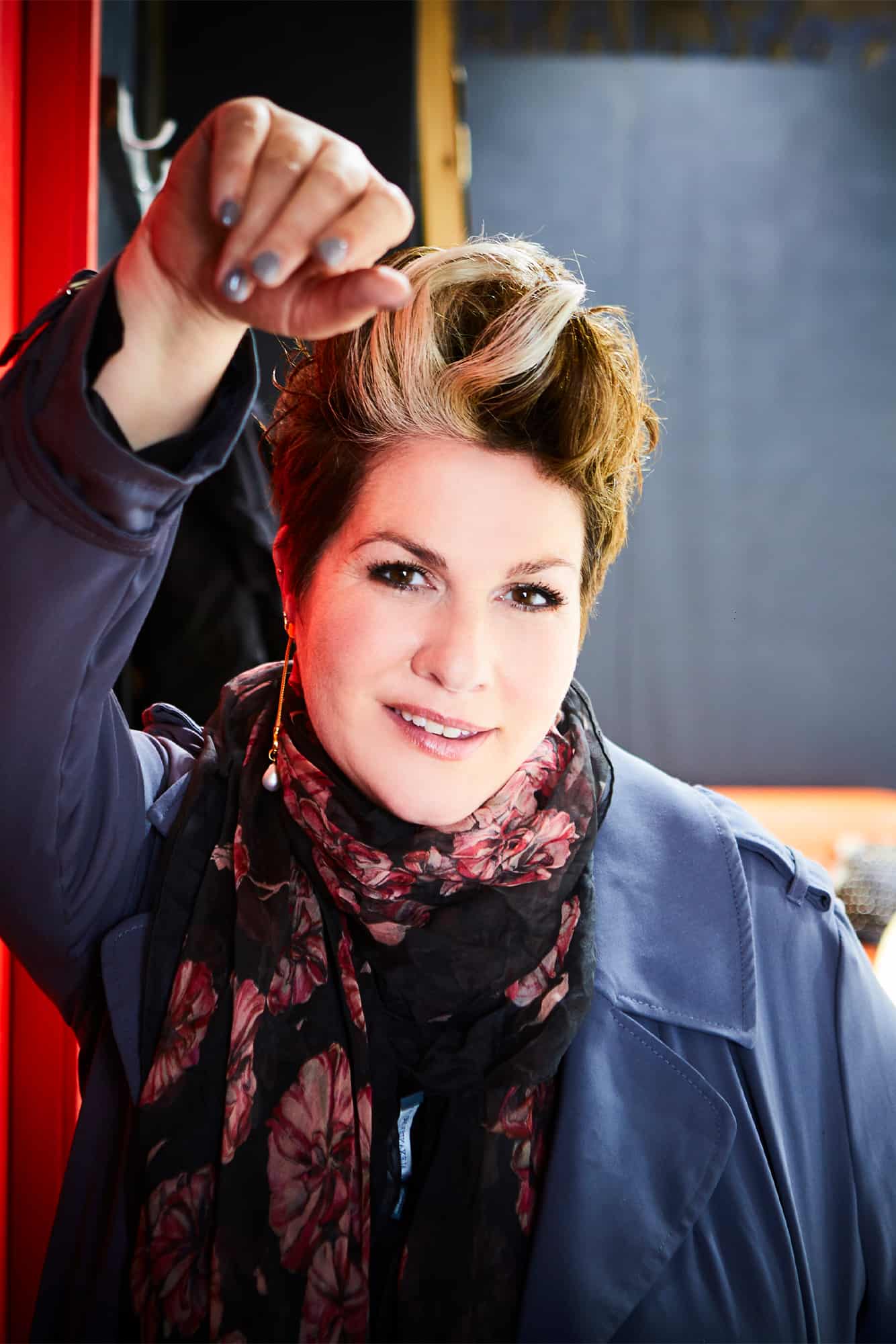Mark Zuckerberg announced 2023 will be Meta’s “year of efficiency” in the company’s Q4 earnings report, which set its share price soaring by 15%. This follows a bumpy 2022 in which the company laid off 11,000 people and lost 60% of its value.
The positive news was Facebook now has two billion users and monetisation of Reels has doubled in the past six months. CORQ data analysis in 2022 found creator adoption of Reels drove consumer engagement rates in sponsored posts from an average 2% in Q1 to 6% by Q4.
While shareholders and investors appear buoyed by Zuckerberg’s plan to make Meta a leaner operation focusing more on revenue-driving projects and AI-driven technology, the business still made huge losses in 2022.
You may also like
Reality Labs – Meta’s VR division, charged with building the metaverse – made a loss of $13.72 billion. On top of this, there is growing evidence consumers don’t want to escape to digital worlds. Sales of VR headsets in the US for 2022 were down by 2%, according to research firm NPD Group.
So, what does all of this mean for the metaverse – previously sold as a $3 trillion economic opportunity by 2031? The glaring conclusion is that consumers remain unconvinced. A key failing of all companies who have attempted to claim early ownership of the metaverse has been absolutely zero consideration for consumer behaviour.
Good products solve a problem or reflect a need and let’s be honest, nobody seems to need this – nobody asked for it. Meta isn’t alone in building a product consumers don’t want in this space – Decentraland, the $1.1billion platform touted as the future of this immersive virtual era, has 810 daily users.
However, Zuckerberg has always been clear that the metaverse is a long-term project that will require at least a decade of investment. If he is pinning hopes for its adoption on Generation Alpha, he could be right. This demographic’s experience of the internet is less as users and observers and more as participants. If you have spent your formative years battling in Fortnite and building worlds in Minecraft, the chances are Instagram and even TikTok are going to feel a bit flat.
Zuckerberg is clear that Meta’s work on the metaverse will continue, perhaps betting this is the best way to future proof his business. And while commentators may scoff – the losses! The usage! Legs! – the bigger thing to come to terms with is the fact he probably doesn’t care. Because he’s not really building it for the adults of today, and probably never was.
By Sara McCorquodale, CEO and founder of CORQ.










